The Systems Group at TU Darmstadt
Hello World! The Systems Group at TU Darmstadt is a collaboration of professors from the Computer Science department, pursuing research and teaching in systems topics together.
Core Topics in the Systems Group
News
-
![]()
![]()
Open PhD Position in the Systems Group!
April 28, 2025
Apply now; deadline is May 13th 2025!
-
![]()
![]()
Towards Database Query Optimizers that understand UDFs
April 01, 2025
GRACEFUL: A Learned Cost Estimator For UDFs
Published in ICDE 2025
-
![]()
![]()
Lectures and Courses in the Summer Semester 2025
March 14, 2025
Lectures and Courses of the Systems Group
-
![]()
![]()
Towards High-performance and Trusted Cloud DBMSs – published at Datenbank Spektrum
March 10, 2025
Towards High-performance and Trusted Cloud DBMSs
-
![]()
![]()
“ELEET: Efficient Learned Query Execution over Text and Tables” Accepted to VLDB'25
February 06, 2025
ELEET: Efficient Learned Query Execution over Text and Tables
-
![]()
![]()
“How Good Are Learned Cost Models?” Accepted to SIGMOD'25
February 04, 2025
How Good Are Learned Cost Models, Really? Insights from Query Optimization Tasks
-
![]()
![]()
Systems Group on Bluesky & LinkedIn
January 23, 2025
-
![]()
![]()
CIDR 2025 Best Paper Award
January 20, 2025
“Towards Foundation Database Models” won the CIDR 2025 best paper award
-
![]()
![]()
SecureSphere Accepted to IEEE BigData 2024
November 20, 2024
SecureSphere: Advancing Security and Robustness in Query Processing over Outsourced Data
-
![]()
![]()
GOLAP Accepted to SIGMOD'25
October 24, 2024
GOLAP: A GPU-Accelerated system for high-speed analytics on SSD-resident data

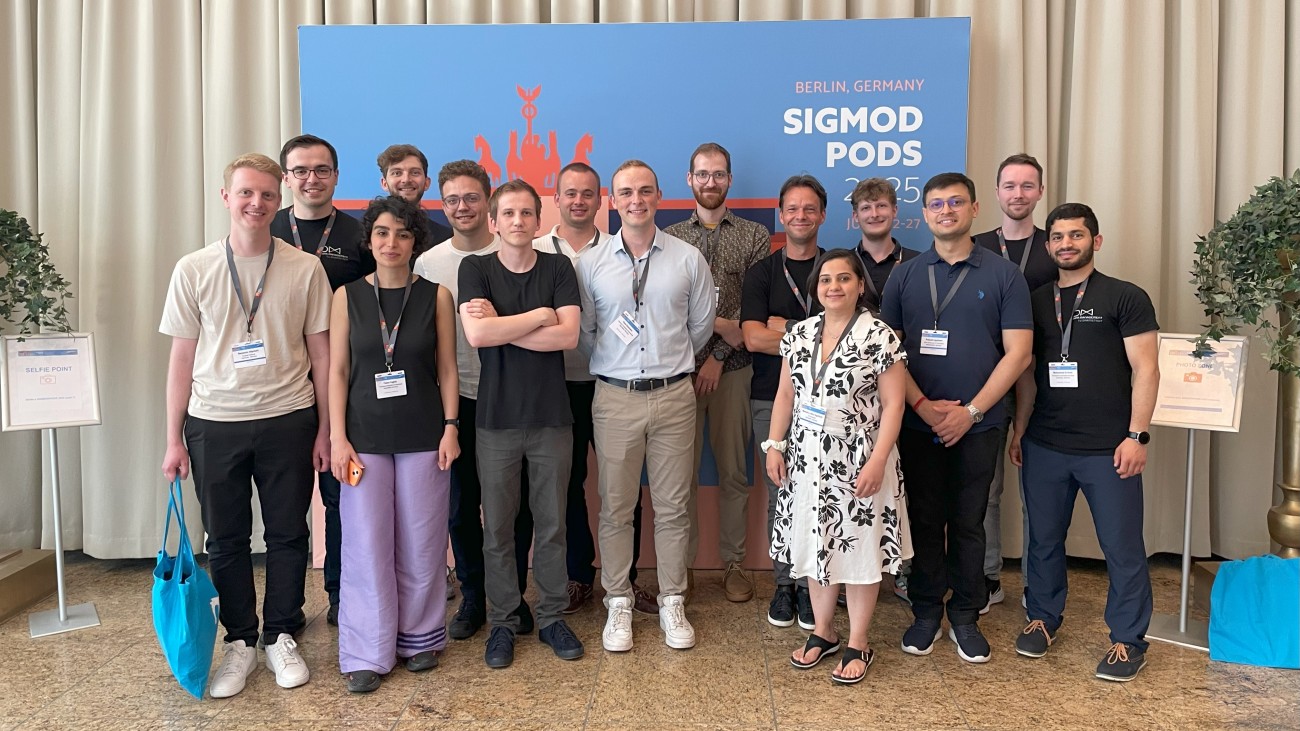
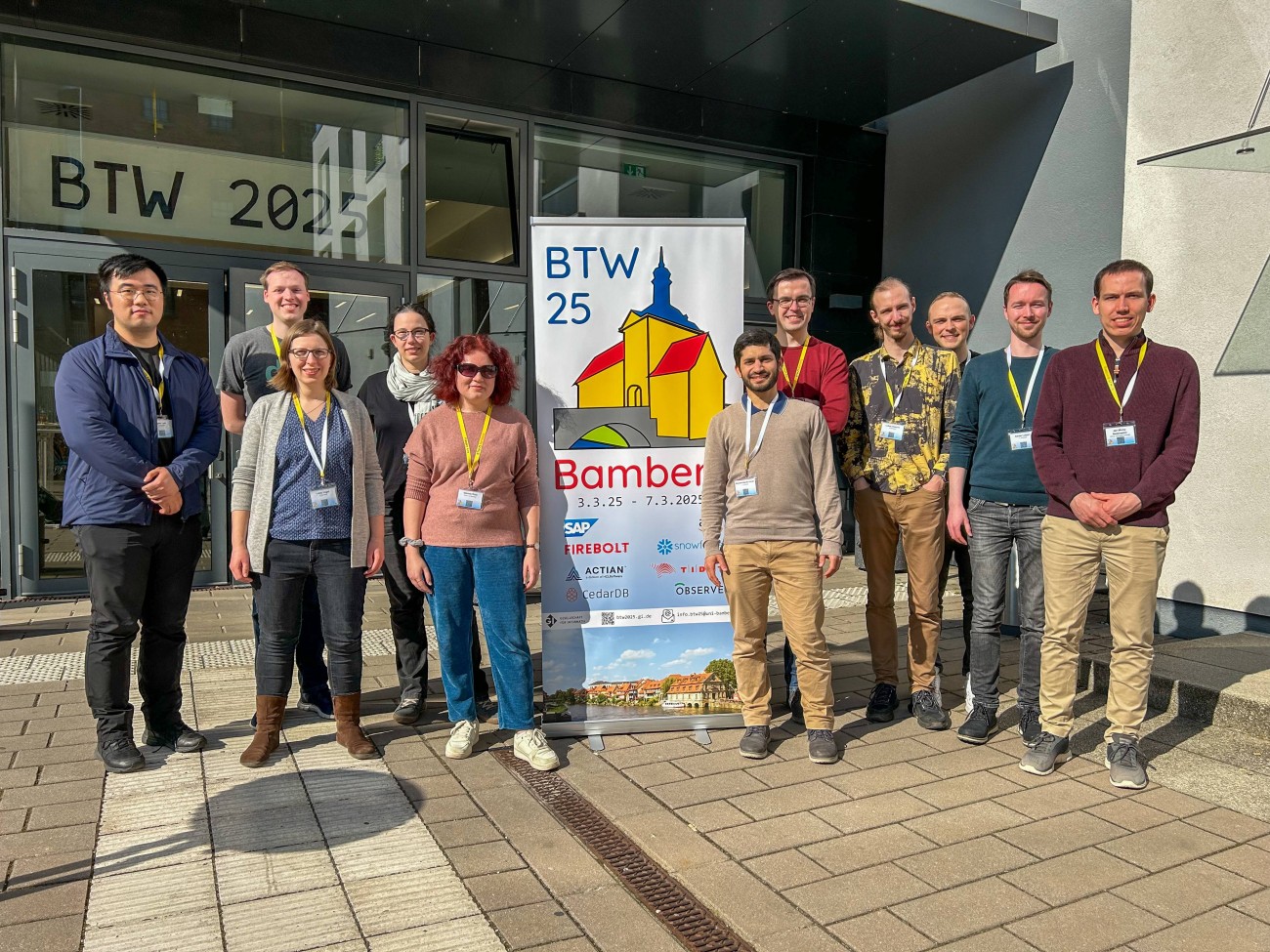
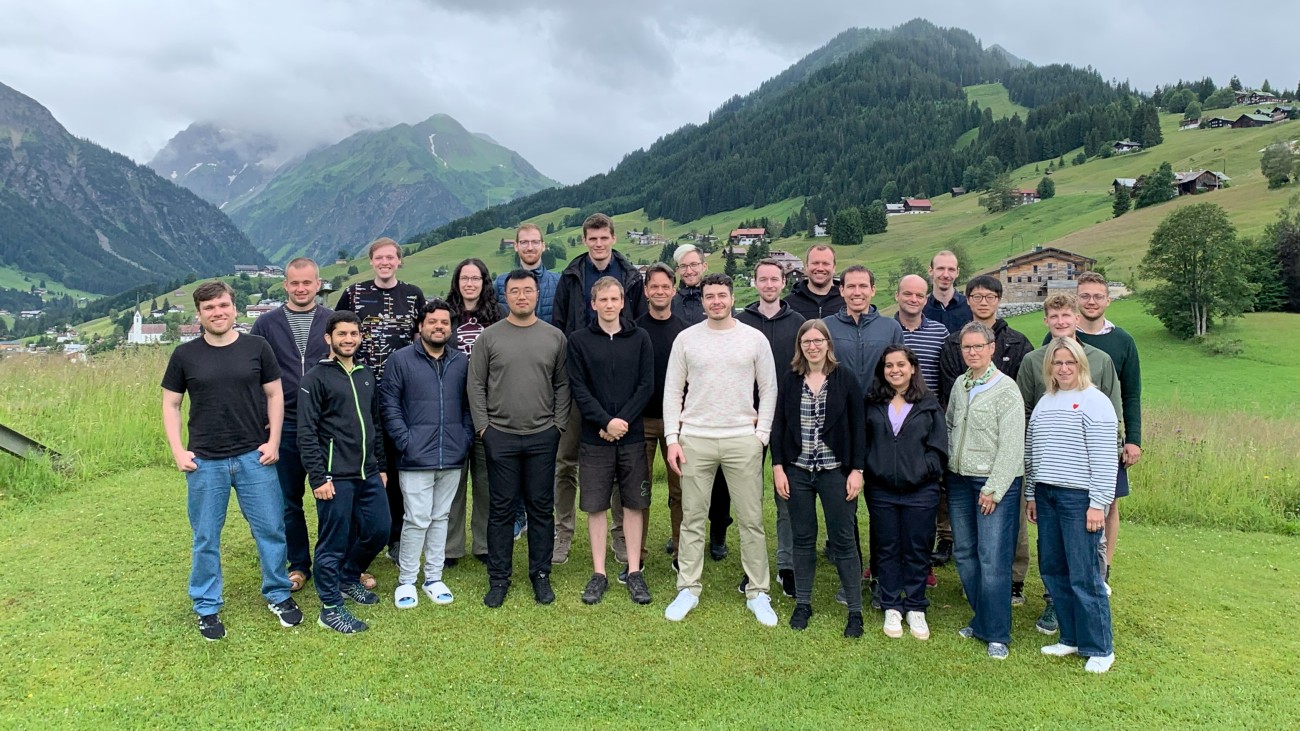

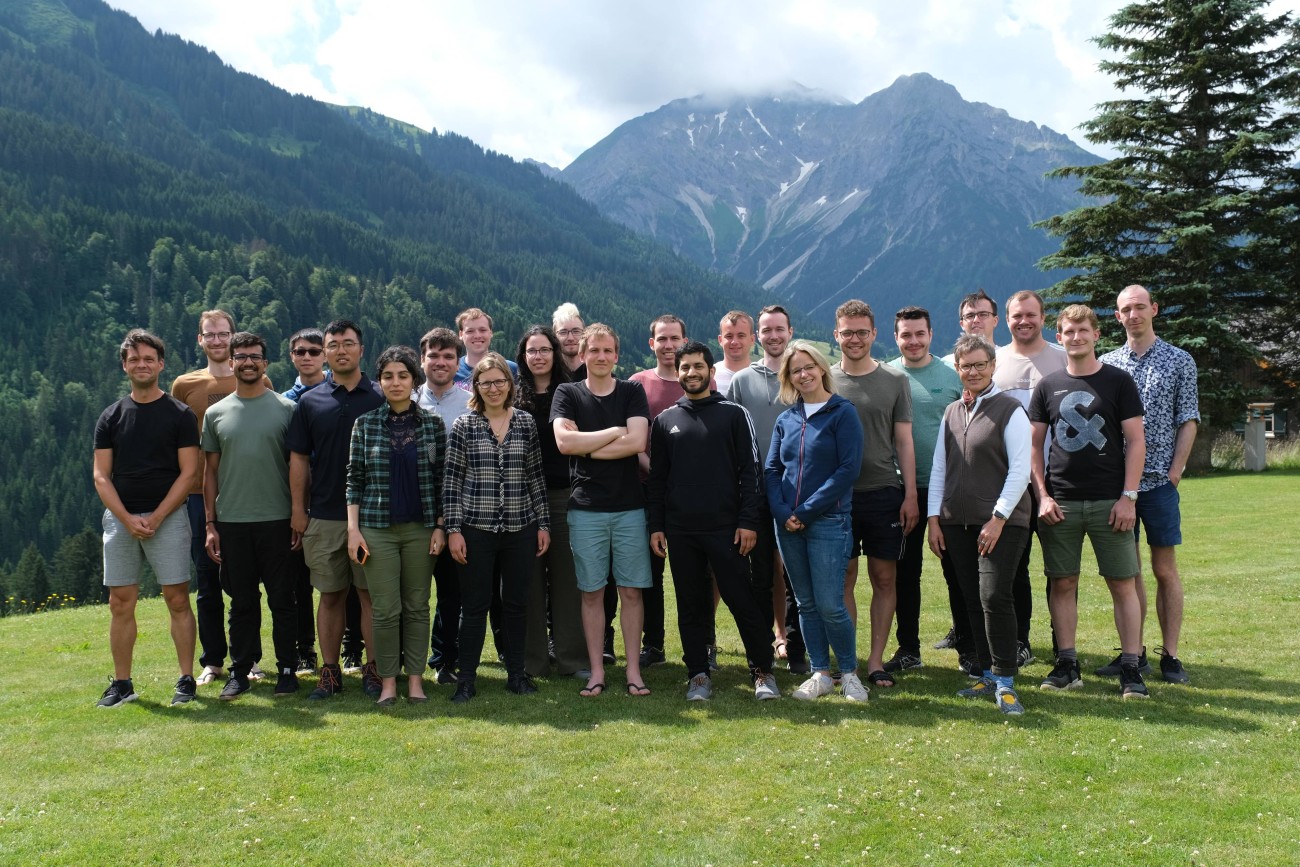
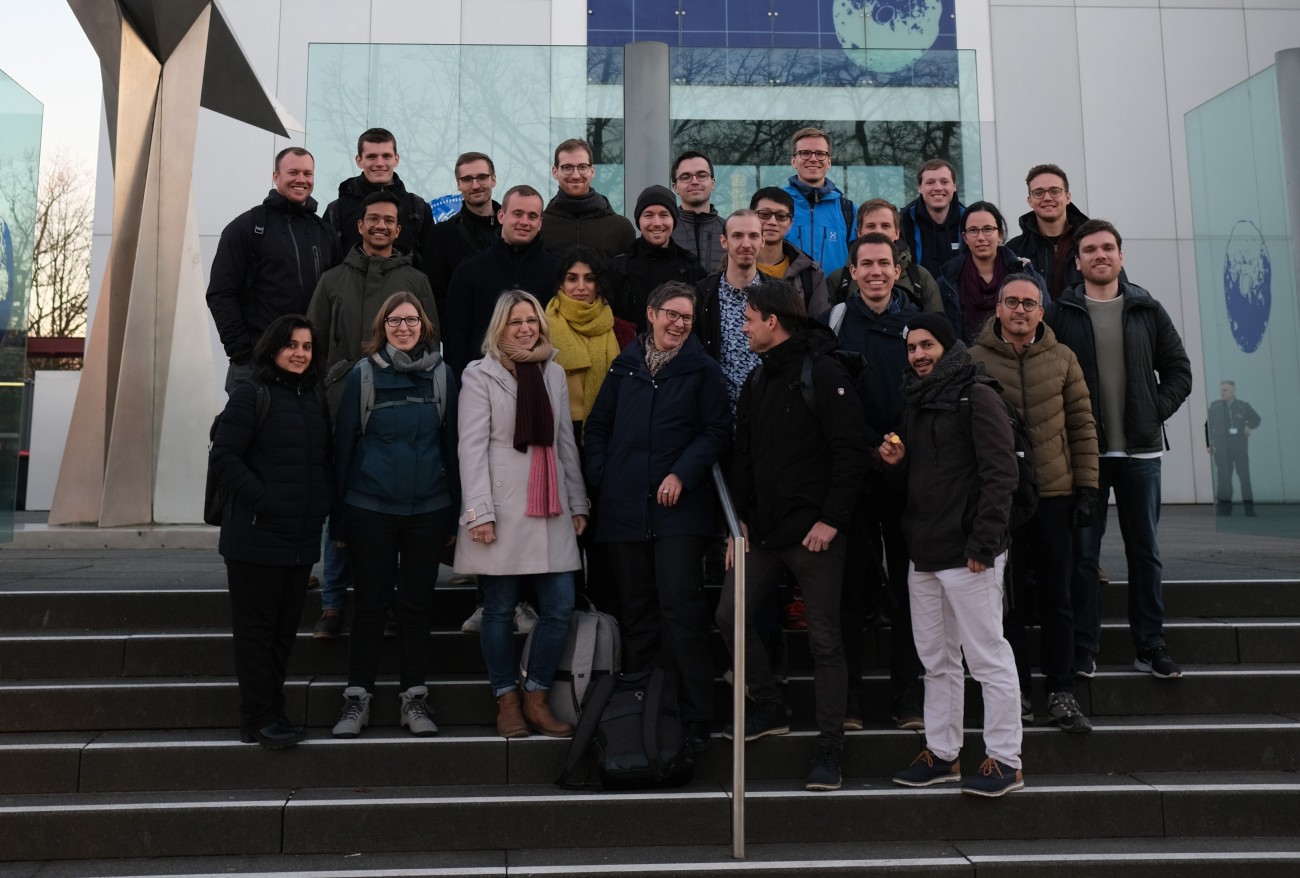
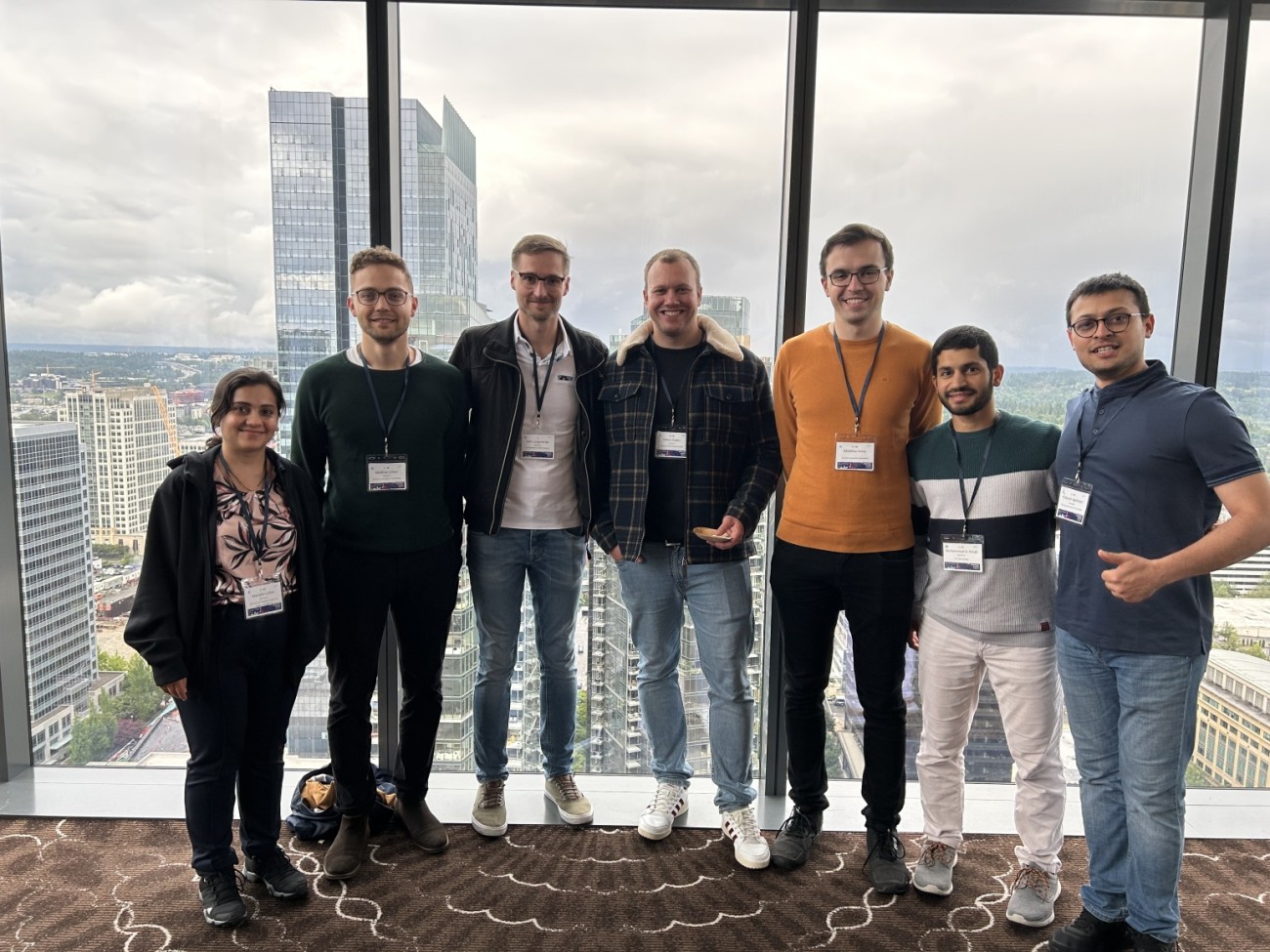
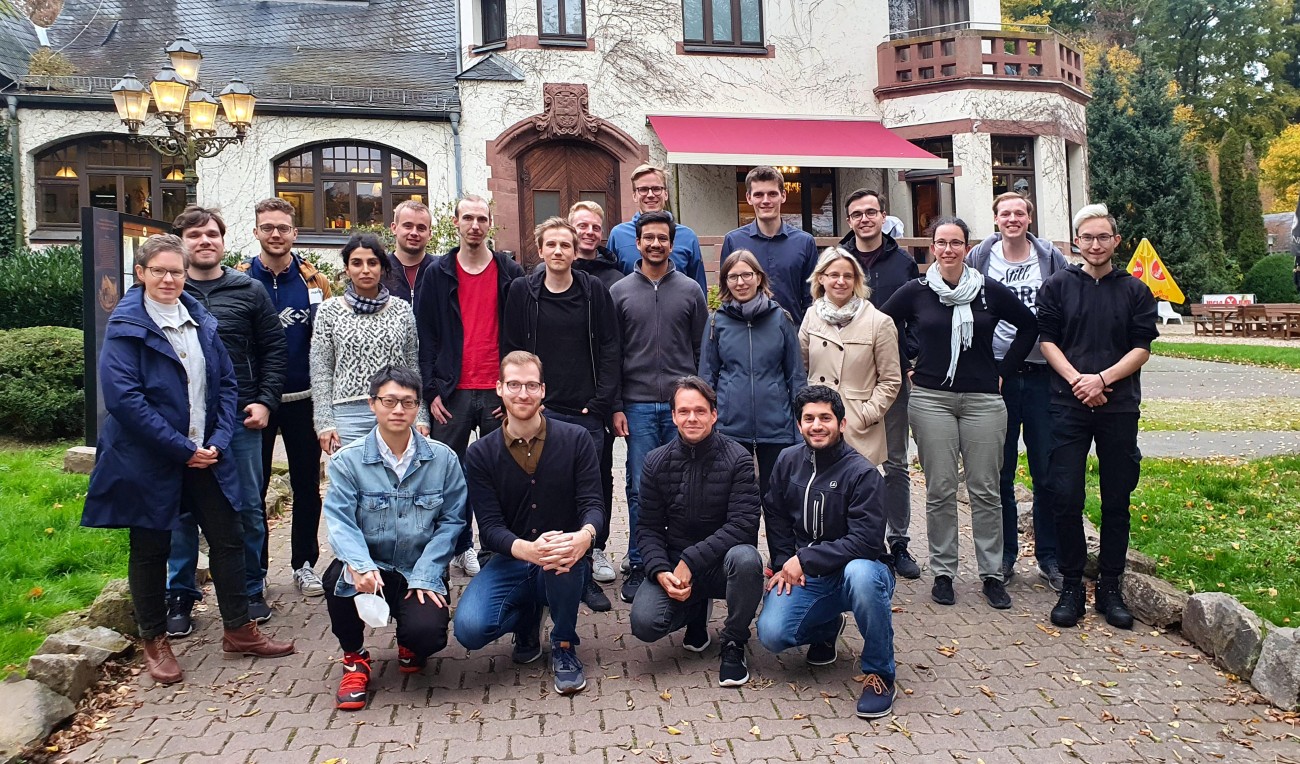
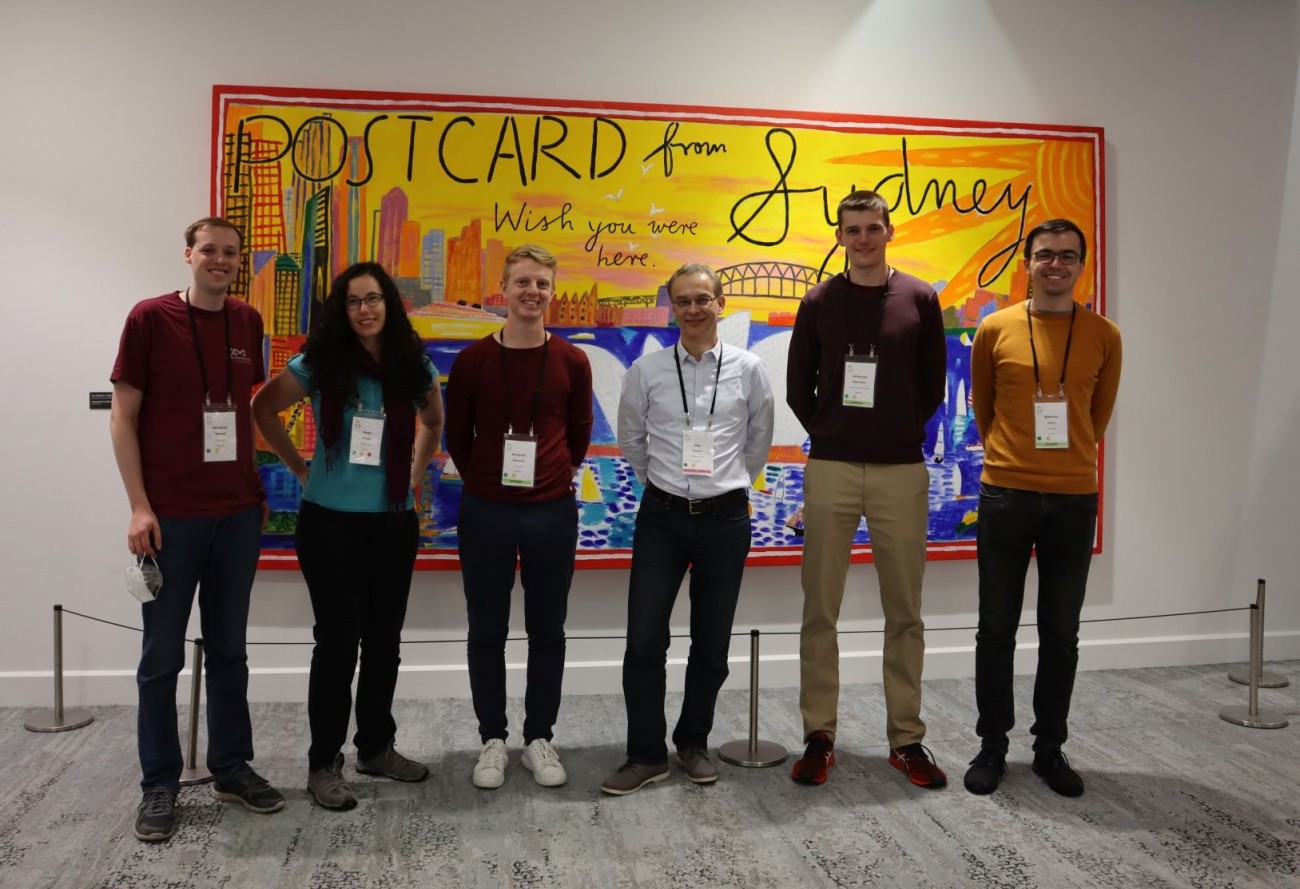
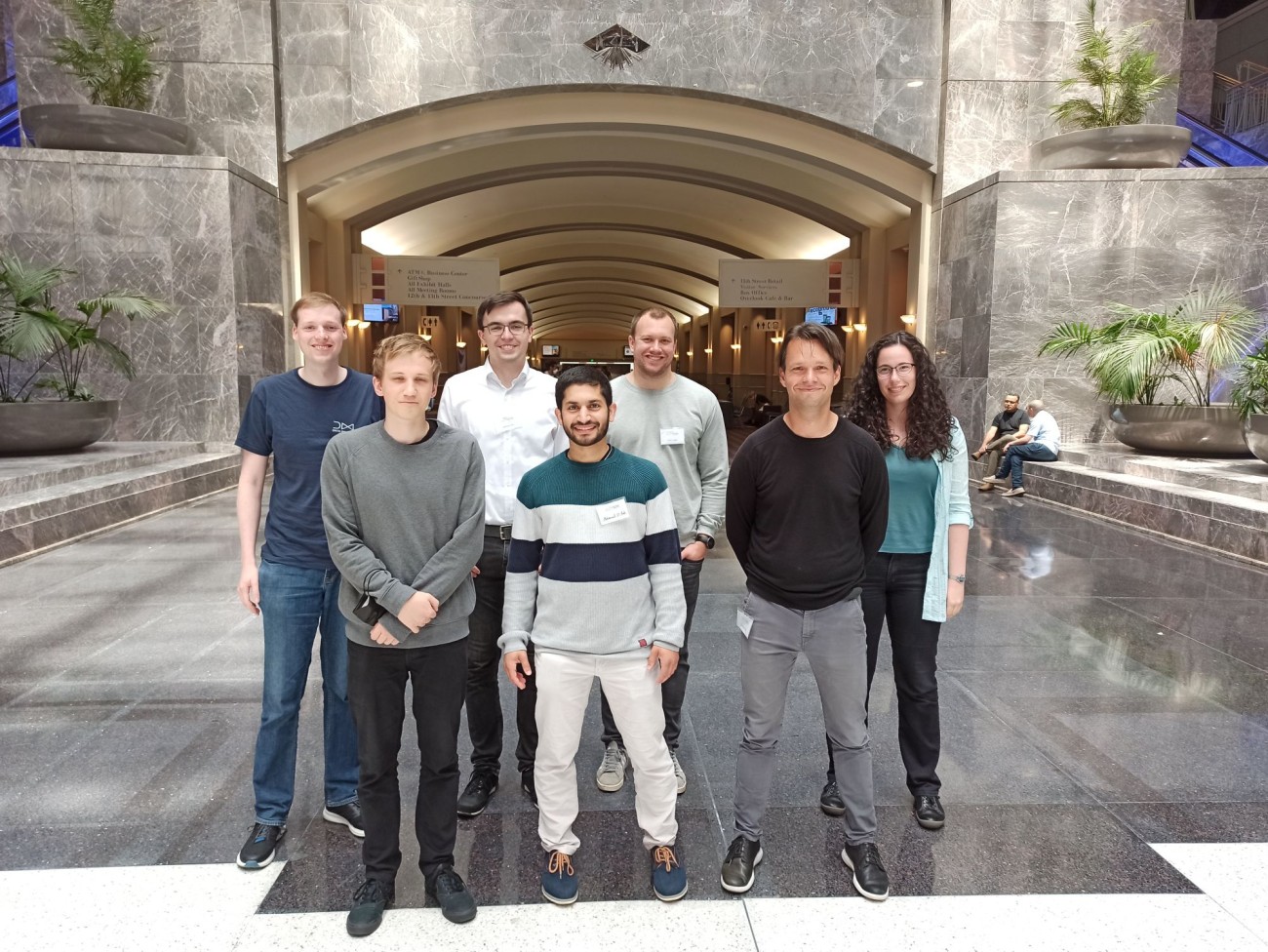
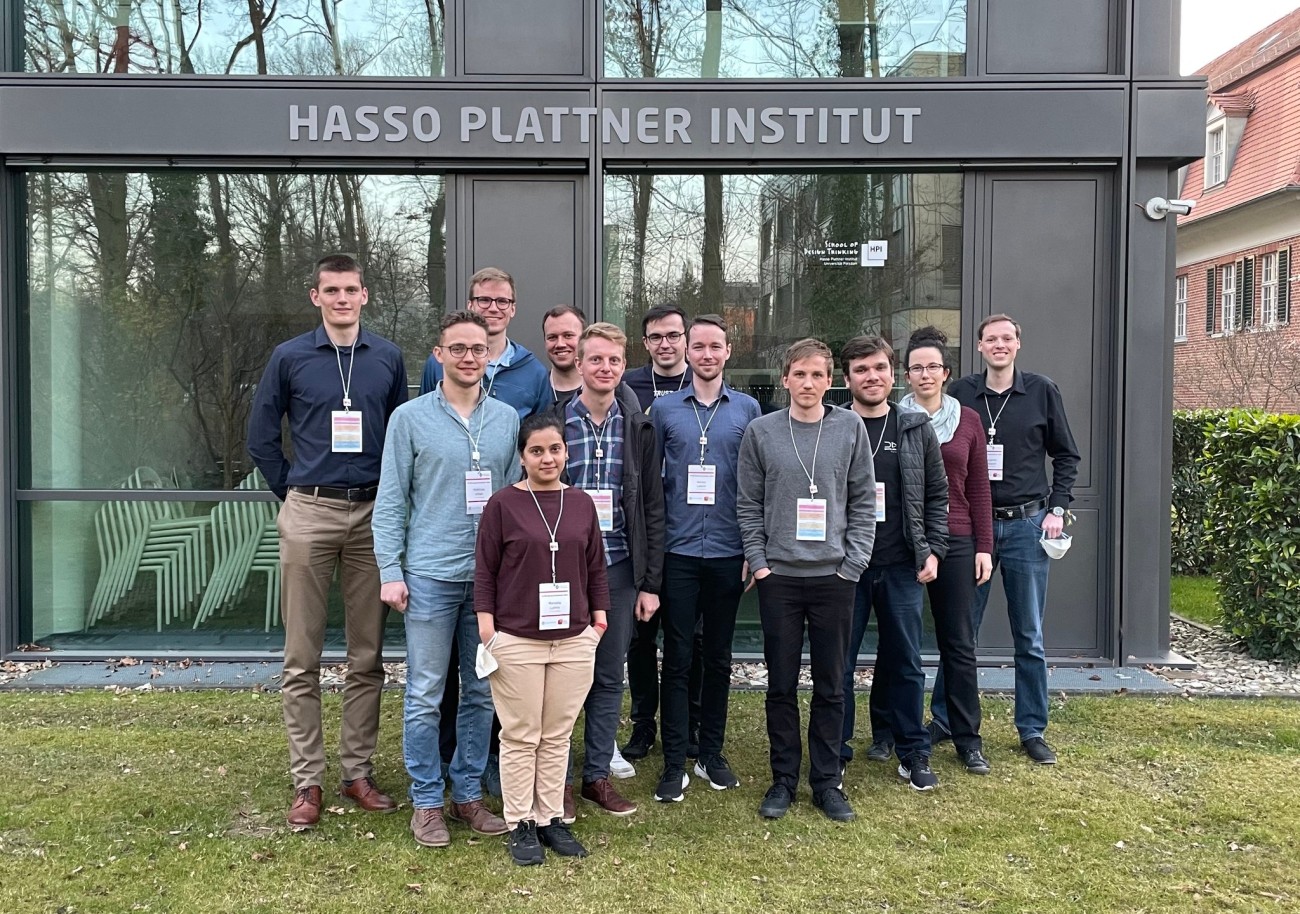
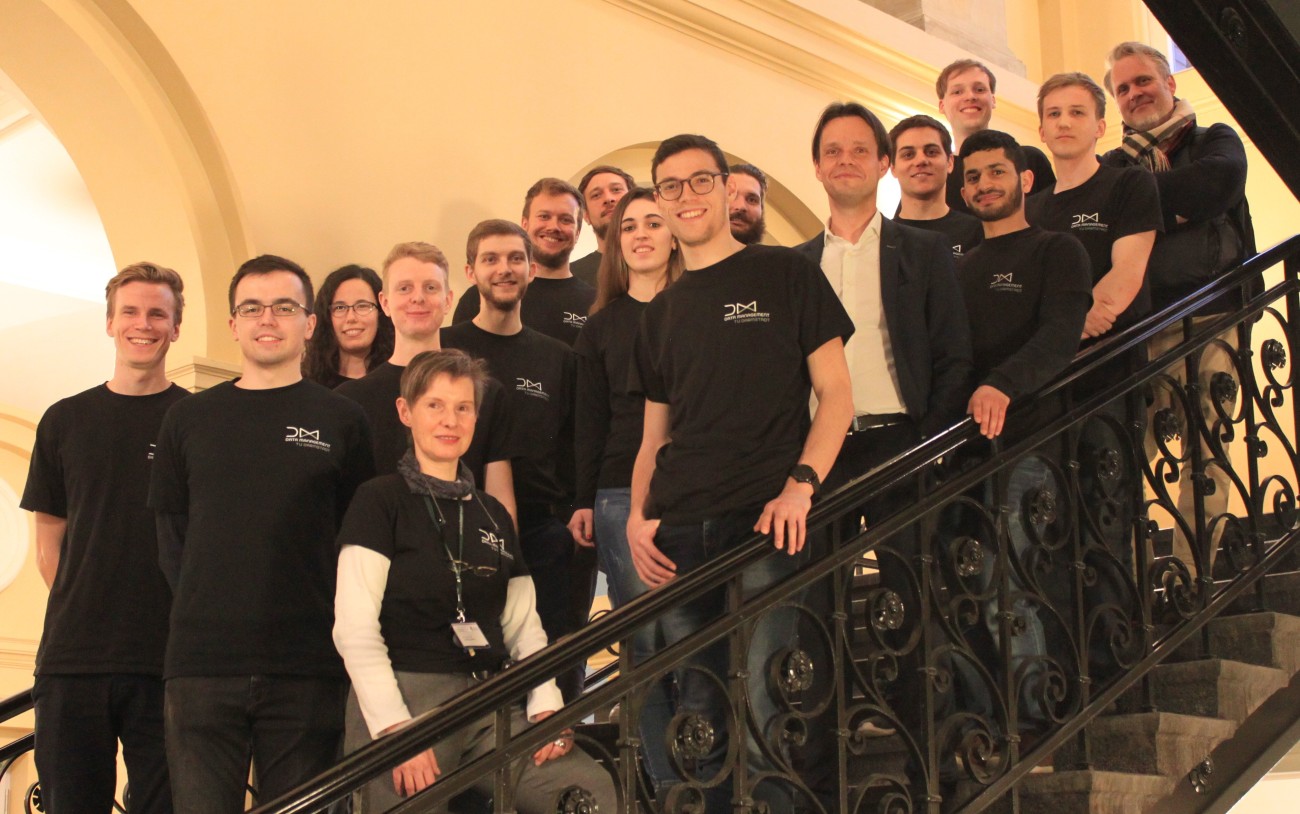




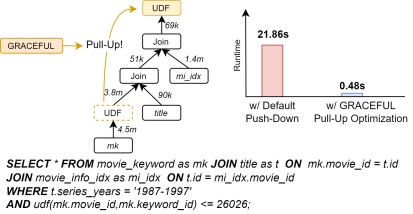
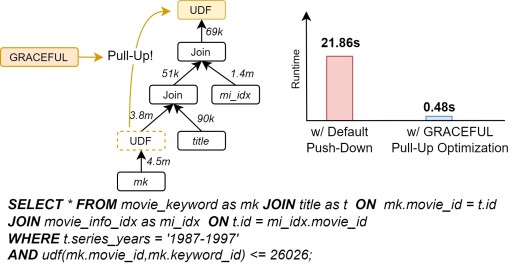




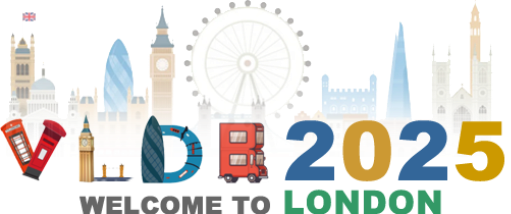
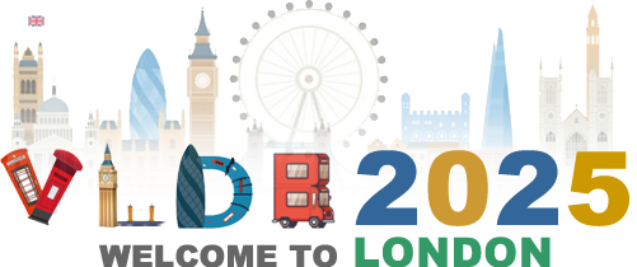



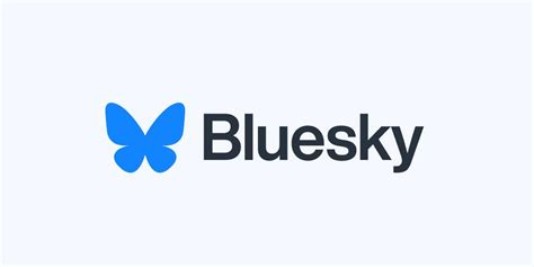




Follow us on Bluesky & LinkedIn!
We are on Bluesky and LinkedIn.
Follow us to get up-to-date information about the Systems-Group@TU-Darmstadt